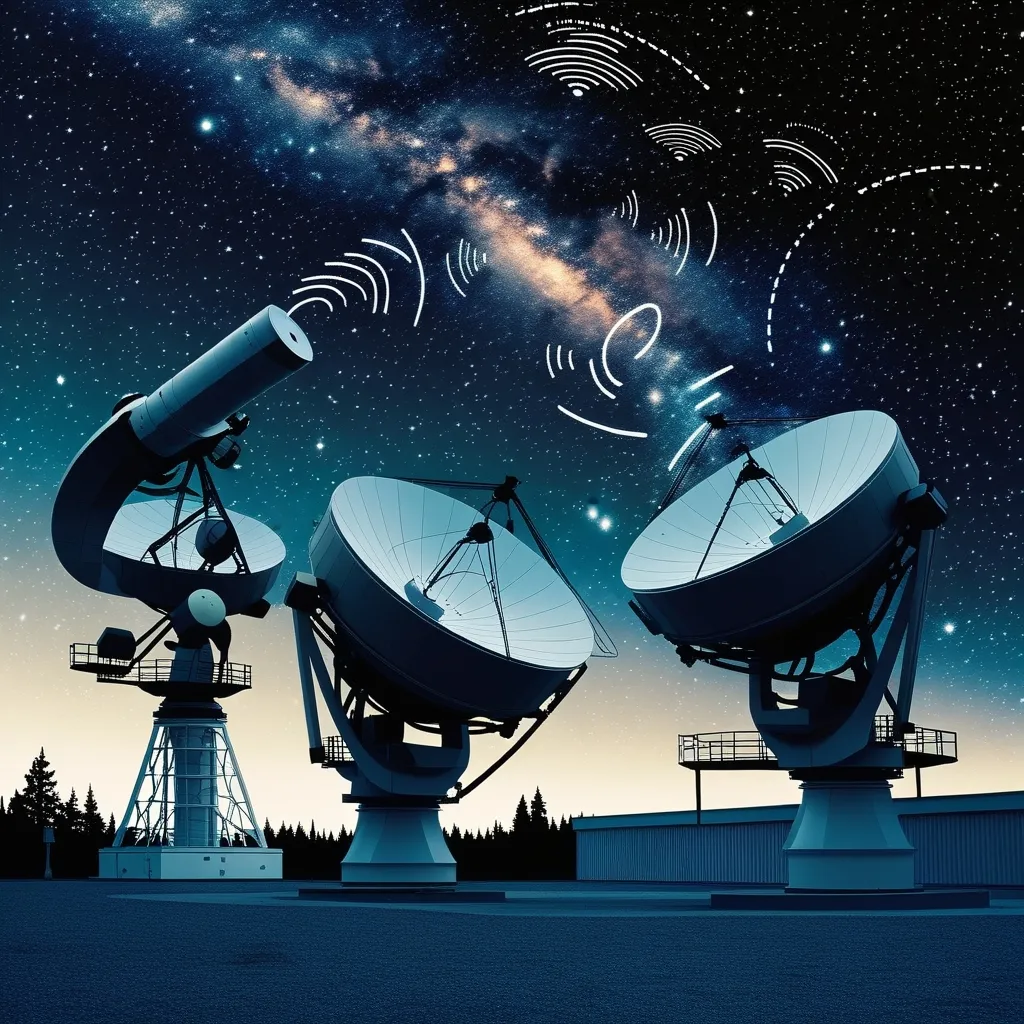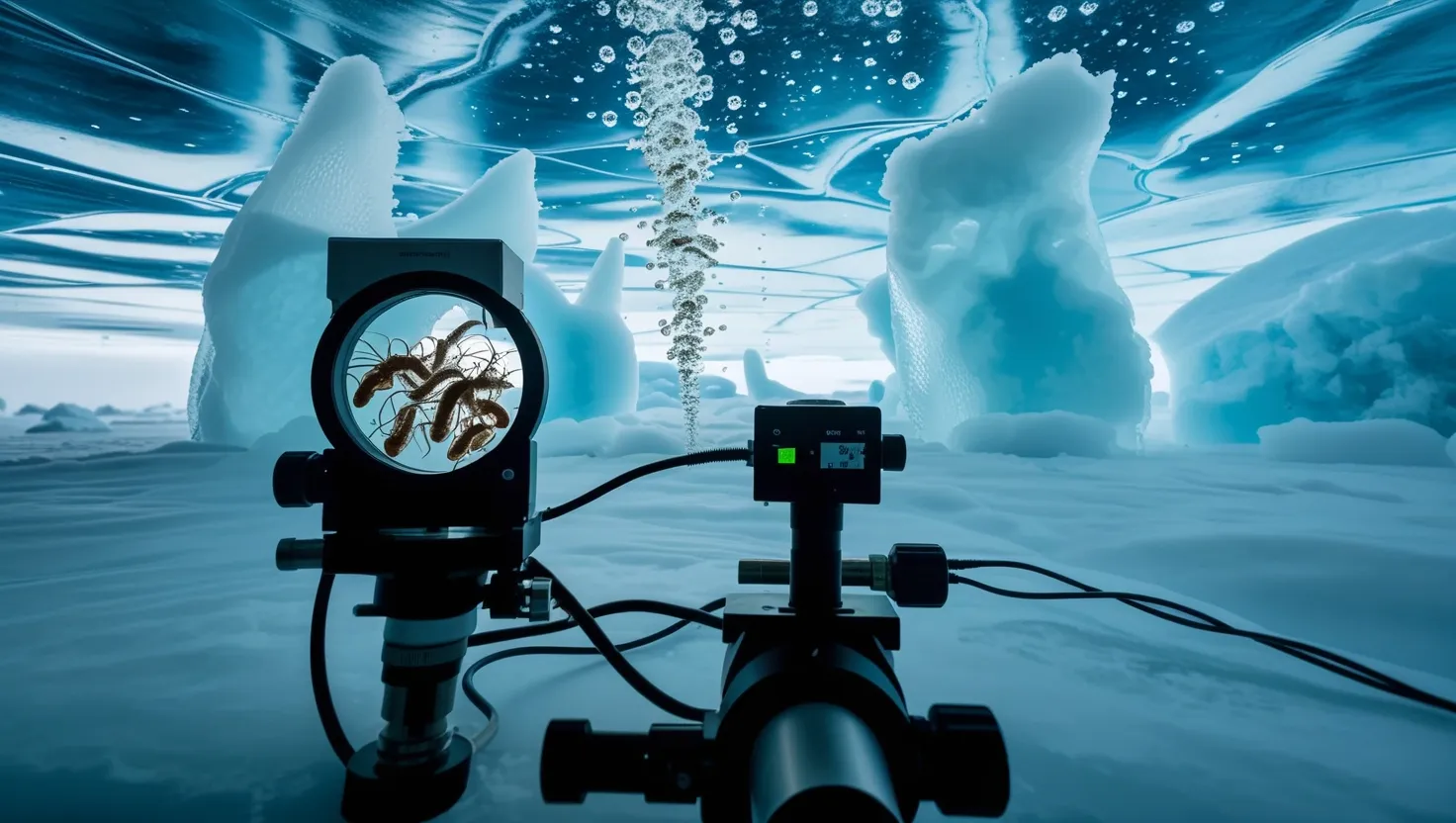Weather Control: The Ultimate Power Play?
Imagine a world where a shadowy group pulls the strings of Mother Nature herself. Sounds like something out of a sci-fi flick, right? Well, buckle up, because we’re diving into the wild world of weather manipulation theories.
This isn’t just some new-age nonsense. The idea of controlling the weather has been kicking around for centuries. Back in the day, some bright spark thought setting fires could make it rain. Talk about playing with fire! Then there were the folks who decided blowing stuff up might do the trick. Dynamite for droughts? Yep, that was a thing.
But here’s where it gets interesting. In the mid-1900s, scientists got serious about cloud seeding. They’d chuck stuff like silver iodide into clouds, hoping to make it rain. The U.S. government was all over this, thinking they could play weather god. And they weren’t alone - countries around the globe were trying to get in on the action.
Now, this is where conspiracy theories start to bloom like weeds after a good rain. Ever heard of “chemtrails”? Some folks reckon those white lines behind planes aren’t just harmless vapor, but secret government experiments. NASA and other big-name agencies have tried to debunk this, but you know how it goes - once an idea takes root, it’s harder to kill than a cockroach.
But wait, there’s more! Enter geoengineering - the big, fancy cousin of weather modification. We’re talking about wild ideas like shooting particles into the sky to block out the sun, or using giant space mirrors. Sounds like something a supervillain would cook up, right? While most of this is still on the drawing board, it’s got people’s imaginations running wild.
And it’s not just tin-foil hat territory anymore. This stuff has gone global. You’ve got Russians claiming the U.S. is weaponizing the weather, politicians entertaining far-out theories during droughts - it’s a whole mess of misinformation stew.
But here’s the kicker - the reality of weather modification is way less exciting than the conspiracy theories. Most attempts have been small-scale and, let’s face it, not that successful. Even China’s massive cloud-seeding program has had mixed results at best.
So, what’s the deal? Are we on the brink of weather warfare, or is this all just hot air? The truth, as usual, is somewhere in the middle. Yes, there have been attempts to fiddle with the weather. But no, there isn’t some secret cabal controlling global crops with weather machines (sorry, conspiracy fans).
The real story is how these ideas have captured our imagination. It’s a perfect storm of science, speculation, and good old-fashioned human curiosity. We’ve always dreamed of taming nature, and weather control is the ultimate power fantasy.
But let’s get real for a second. The weather is still very much the boss. All our attempts to control it have been like trying to steer a hurricane with a leaf blower. Sure, we might make a tiny impact here and there, but Mother Nature still calls the shots.
That doesn’t mean we should stop trying to understand and maybe even influence the weather. Climate change is breathing down our necks, and geoengineering might end up being part of the solution. But we need to approach it with eyes wide open, not through the lens of conspiracy theories.
The key here is transparency. If we’re going to mess with something as big as the weather, everyone needs to be in the loop. No secret experiments, no hush-hush government projects. We’re all in this together, after all.
And let’s not forget the ethical side of things. Even if we could control the weather, should we? It’s not just about making it rain in one place - it could have knock-on effects around the globe. We need to think long and hard about the consequences before we start playing god with the atmosphere.
So, where does this leave us? Well, for now, weather control remains more science fiction than fact. But that doesn’t mean it’s not worth thinking about. As we face bigger and badder climate challenges, who knows what solutions we might come up with?
In the meantime, maybe we can channel some of that conspiracy theory energy into something more productive. Like actually tackling climate change, or figuring out how to grow crops more efficiently. You know, stuff that might actually help feed the world without needing a weather control machine.
At the end of the day, the weather is still one of the most powerful forces on our planet. It can bring life-giving rain or devastating storms. It shapes our landscapes, our cultures, and our daily lives. Our attempts to control it are a testament to human ingenuity and ambition.
But they’re also a reminder of our limitations. For all our technology and knowledge, we’re still at the mercy of natural forces far bigger than ourselves. Maybe instead of trying to control the weather, we should focus on working with it, understanding it better, and adapting to its whims.
That’s not to say we should give up on weather modification research entirely. Who knows? Maybe one day we’ll crack the code and be able to bring rain to drought-stricken areas or steer hurricanes away from populated coasts. But until then, let’s keep our feet on the ground and our heads out of the clouds (chemtrail-free or otherwise).
So, the next time you hear someone talking about secret weather control programs, maybe take it with a grain of salt. Or better yet, use it as a starting point to learn more about the real science of weather and climate. Because the truth is often more fascinating than fiction - and way more important for our future.
In the end, whether we’re talking about cloud seeding, geoengineering, or good old-fashioned rain dances, our relationship with the weather is a complex one. It’s a mix of respect, fear, curiosity, and hope. As we move forward into an uncertain climate future, that relationship is only going to become more important.
So let’s keep asking questions, keep pushing the boundaries of science, but also keep our critical thinking skills sharp. The weather might not be controlled by a secret society, but understanding it better could be the key to our survival on this wild, wonderful planet of ours.
And hey, even if we never manage to control the weather, at least we’ll always have something to talk about at awkward social gatherings. Because if there’s one thing humans love more than controlling nature, it’s complaining about the weather.






